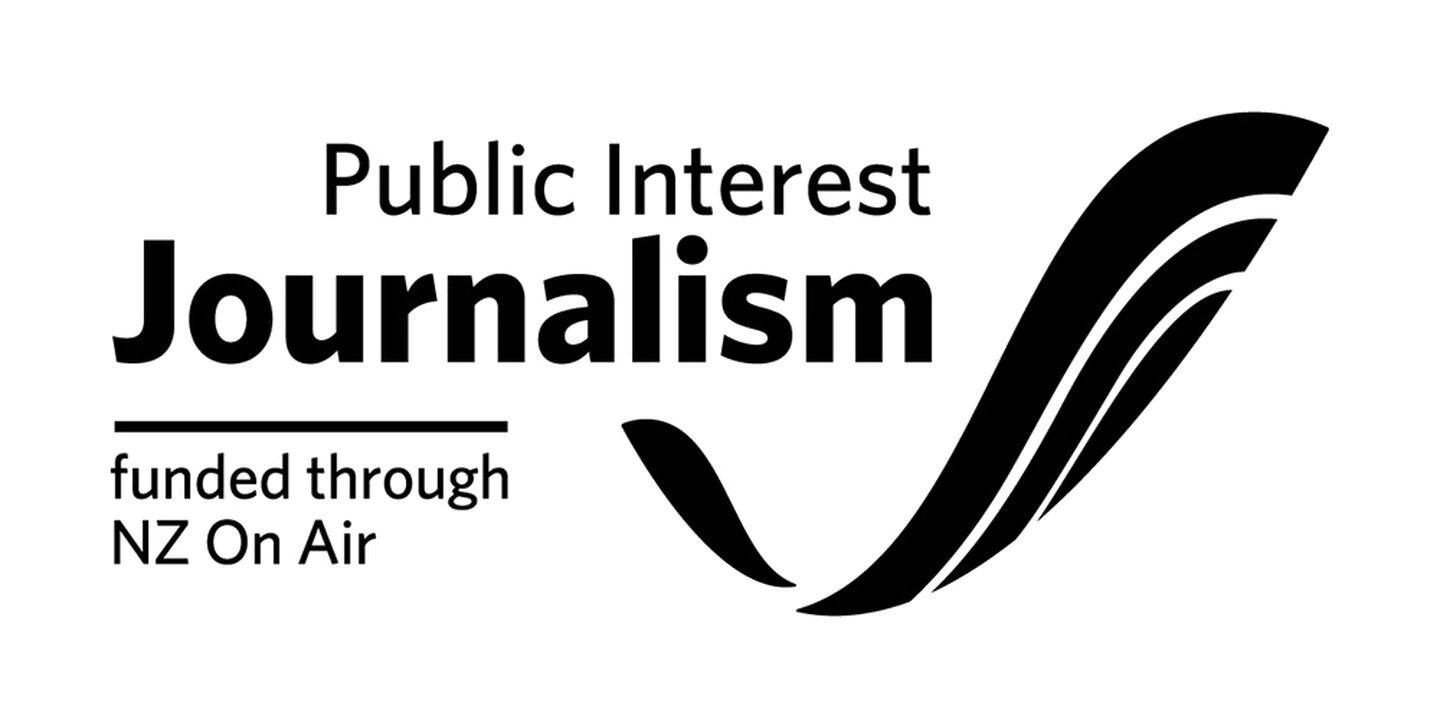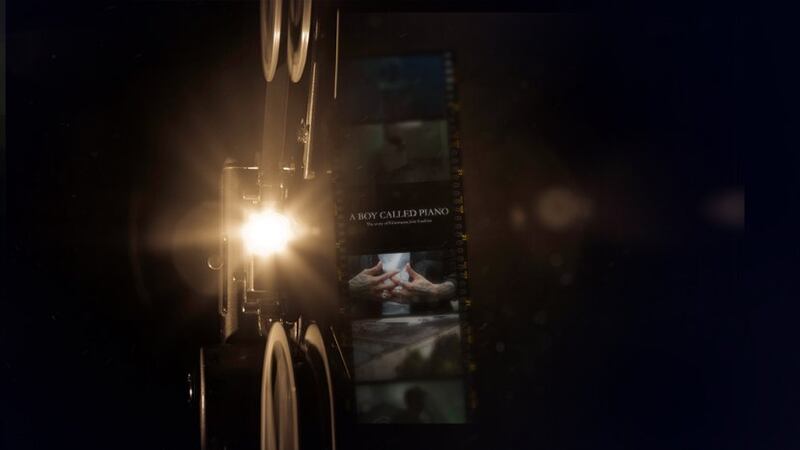Three generations of the Luafutu family have been able to heal from the trauma their grandfather experienced as a young boy in 1960s New Zealand state care, thanks to the arts.
Seated across the room backstage at the ASB Waterfront Theatre are Matthias, his father Fa'amoana, his grandson Tāne and director Nina Nawalowalo, who had just launched their documentary film, A Boy Called Piano at the New Zealand International Film Festival.
It is the real-life story of Fa’amoana John Luafutu, and represents the many unheard Māori and Pasifika people who have survived the trauma of being put into state care.
As the documentary launched, the Royal Commission of Inquiry into State Care was continuing its investigation, which this week extended to questioning state agencies about the neglect and abuse of people in their care.
A Boy Called Piano is used as a mirror so that "society can look at itself honestly, and say 'We need to do something'," Fa'amoana said.
Seated in silence, surrounded by vanity mirrors and blinding LED lights, the expressions on all three of the Luafutu males' faces told all. If the eyes were a window into the soul, it was apparent the older members of the family had relived a past filled with pain.
'Brought me to tears'
“You think you’ve healed over certain things but just to revisit them brought me to tears again,” Matthias said. “Not just with sadness or bitterness but just with pride for my father, seeing my son up there, and just to be able to see the problem as a whole, and what we’ve come through.”
Matthias and Tāne play the younger versions of Fa’amoana in the film.
The almost 10-year journey of collaboration with theatre company The Conch started with a book written by the grandfather, A Boy Called Broke, which inspired a play, The White Guitar (2015), a stage play, A Boy Called Piano, and now a documentary.
The Conch co-founder Nawalowalo said that the journey had changed all of their lives.
“The family’s courage in opening the things that can be the most private, the things that come with shame. Working with men who have the ability to open their heart and talk about the most personal things, it’s so liberating.”
The journey the Luafutu family has taken through the arts has set it on a path to healing the deepest of wounds.
Dynamic changed
Fa’amoana said that during the play, he learned things about his son he didn’t even know.
“We were doing an interview for radio and they asked my son what he thought of me as a teenager,” Fa’amoana said, “I thought I knew what he was going to say but then he said, ‘I hated my father as a 17-year-old.’”
Fa’amoana looked shocked and said, “I was hurt. I had a typical Sāmoan father attitude but I thought I better take this in and ask myself, ‘Why would my son say that about me?’”
“As his son, as someone I used to fear, you know, for him to take it in?” Matthias said in response, “I saw the bravery in my father and for him to own it, it was like we got to speak for the first time.”
“Because of the damage Dad had gone through when he was younger, he wasn’t able to communicate,” Matthias said, “but now with the arts, it’s changed our dynamic so much. My father accepted his wrongdoings and put us on a path to forgiveness, and a big part of that was Dad listening to us.”
'Whole new world'
The effects of Fa’amoana’s upbringing in state care are intergenerational, "and that’s a big part of what the film is about,” Fa’amoana said. “I only went to the township in Apia once, and had only seen a few Pākehā people before we moved to Auckland.”
“Auckland was mighty, it was a whole new world. You had a toilet in the house, you had a bath. I came from a place where you have to get water down the river.”
Fa’amoana, like many Pacific Island-born New Zealanders, had a difficult time transitioning to his new life in the strange, modern world.
“While it was all beautiful and I was wanting to explore, the other part of it was that I realised I didn’t fit in because I couldn’t speak the lingo. On day one at school they changed my name to John.
“Me, my cousins and the other Māori and Pacific Islanders weren’t doing good at school, so we just stopped going,” Fa’amoana said.
Sent to boys' home
That was when the 11-year-old Fa’amoana was taken by truant officers and put into the Owairaka Boys' Home in Auckland, and sent off again at 12 to Kohitere Boys Training Centre, where he experienced a lot of darkness that set him on a difficult path.
Fa’amoana’s grandson, Tāne, said that he was angry about what his family had endured but he was focused on transforming that anger into understanding, forgiveness and aroha.
“You don’t know where you’re going until you know where you’ve been. It’s been a beautiful process and I have nothing but pride in my father and grandfather and their strength and resilience,” Tāne said.
Fa’amoana said that he had seen the power the arts had on people.
"When we did The White Guitar, this guy cried his eyes out because he was at the same place as me, just a couple of years between us," Fa'amoana said. "He really identified with the story saying 'that was me'. When I see that happening, people change and realise that it's not just them who went through it. It heals them in a way."
No recognition
Asked about state care today, the Luafutu family members said the system hadn’t changed but the label had.
“All these institutions being modelled off of the Crown system don’t recognise indigenous identity or one’s wairua or one's mana,” Tāne said. “So to reform that, you’ve got to reshape the values and infrastructure and how you’re upholding and what you’re doing to manaaki and awhi these hurt boys and girls.”
The redemption of the Luafutu family through their creative journey has given Matthias hope again.
“I feel pride knowing we’ve come through some hard things. The fact that we still love each other, that we can forgive each other for things in the past. It’s a testament to what we’re doing,” Matthias said.
The Conch's A Boy Called Piano stage play will be touring across Aotearoa in Wellington, Dunedin, Oamaru, Christchurch, Hawkes Bay and Auckland this October.


